Though not clearly understood, the connection between testosterone and various health problems is an interesting discovery in men’s health. Though it’s produced naturally in both genders, it’s generally considered as a male hormone. Its production rate, however, is 20 times higher in men than women.
Being a steroid hormone, testosterone is extremely important for male sexual development. It facilitates the development of primary reproductive organs and secondary sexual characteristics (like body hair plus muscle mass). Even more, testosterone has been found to have tremendous effects on men’s overall health. Nonetheless, the exact form of this connection still remains a mystery.
Possible Triggers
Research has now started to pinpoint a number of serious health conditions that are linked to men’s testosterone levels. About 30 percent of men aged over 55 years tend to have low testosterone levels. Men with diabetes, obesity, and high blood pressure have also been found to have low levels of testosterone. The opposite is also true: those with low testosterone levels stand a great risk for diabetes and obesity. However, more research is needed to ascertain this.
Having low amounts of testosterone increases a person’s likelihood of developing major health problems. Equally, conditions like diabetes and obesity tend to reduce their testosterone levels.
Depression and Low Testosterone
Hormones can affect your emotions. It has also been established that men with abnormal testosterone levels tend to develop depression. And men suffering from depression have lower testosterone levels. One confusing aspect is that certain effects associated with low testosterone are common symptoms of depression. Men with low levels of this steroid hormone usually experience fatigue, decreased sex drive, as well as increased irritability. And these symptoms are also very common in depressed people.
A study conducted in the year 2004 tried to shed more light on this issue and help medical practitioners get a better understanding of the relationship between low testosterone and depression. 278 men aged 45 years were monitored for a period of 4 years. And it was established that men who had reduced testosterone levels were more vulnerable (four times) to depression than those with normal testosterone levels.
There are countless explanations for this, but one possibility is that the irritability and reduced sex drive caused by low testosterone can lead to depression because they make an individual’s mood to suffer. Besides, having limited amounts of this hormone can directly impact on the brain’s serotonin levels. Serotonin is a natural hormone that plays a significant role in regulating our moods.
As a person gets older, the body finds it hard absorbing the serotonin that it produces. If low testosterone reduces serotonin levels, it might help you know why low testosterone in aged people increases their risk for depression.
What Causes Low Testosterone?
Low testosterone is commonly referred to as hypogonadism. And primary hypogonadism is a problem that affects a man’s testicles, the organs which produce testosterone.
Men who’ve earlier experienced a testicular injury are at a higher risk of developing primary hypogonadism, a condition that’s caused by mumps, abnormally high levels of iron in the blood, and cancer treatments.
Secondary hypogonadism, on the other hand, occurs when the pituitary gland fails to receive signals to produce more testosterone. Common causes of this signaling failure include normal aging, obesity, HIV/AIDS, prolonged use of opioid medications, and tuberculosis.
Common Symptoms Associated With Low Testosterone
Having low testosterone levels can trigger several physical changes and a significant effect on a person’s emotional life. They tend to experience reduced sex drive, difficult erections, and may even end up becoming infertile.
In addition, testosterone plays an important role in bone as well as muscle strength. If your hormone levels drop drastically, you’re more likely to lose bone/muscle mass and gain weight. And such changes can increase your risk for heart disease, osteoporosis, as well as diabetes. Though it’s more prevalent in older adults, any man can suffer from low testosterone.
Depression, irritability, plus anxiety are common in people with low testosterone. However, more research is needed to justify the correlation. Testosterone therapy can help boost the mood of men and women with this hormonal deficit.
Is It Low Testosterone Or Depression?
Depression and low testosterone, both cause similar symptoms. That’s why the diagnosis of these two conditions is always tricky. To make it worse, depression, anxiety, and difficulty thinking are common signs of aging. So, which is which now?
Symptoms that are common in both depression and low T (low testosterone) patients include irritability, sadness, memory issues, anxiety, low sex drive, trouble concentrating, and sleep disturbances.
People suffering from depression. However, tend to have normal hormone levels and don’t usually experience breast swelling or decreased muscle strength, which are associated with low testosterone.
The physical symptoms of depression are headaches and back pain. Are you feeling blue, irritated, and simply not yourself? Make an appointment with your doctor to check if your testosterone levels are okay. A physical exam plus some blood tests may be performed to confirm the diagnosis.
Low Testosterone In Women
Low testosterone isn’t just a thing for men, women do experience it too. One study established that women with low T usually experience symptoms of depression. Low female testosterone is diagnosed and treated in premenopausal and postmenopausal women.
Treatment Options
The best treatment for low T in both women and men is hormone replacement therapy. Synthetic testosterone can be obtained in several forms. The most common options being injections, topical gels that are absorbed through the skin, and patches that are worn on the skin. Consult with your doctor to determine the best delivery method for your health and lifestyle.
In certain men, low testosterone might affect self-confidence as well as physical well-being. Memory problems, difficulty concentrating, and insomnia may accompany this condition.
Outlook
Once low testosterone treatment is administered, the physical problem might be restored, but psychological symptoms can sometimes remain. Fortunately, there’s an effective treatment plan for that too. For anxiety and insomnia, breathing exercises plus mindful meditation are often utilized. Focusing on each breath calms your nerves and helps you relax. Cognitive behavioral therapy might also be ordered.
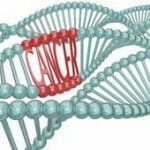


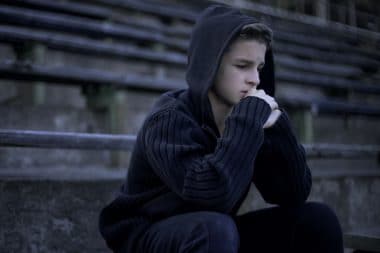
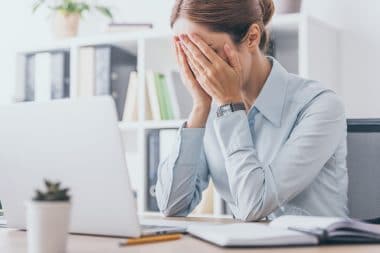
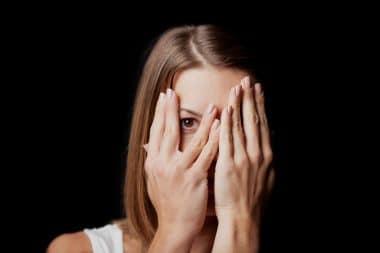
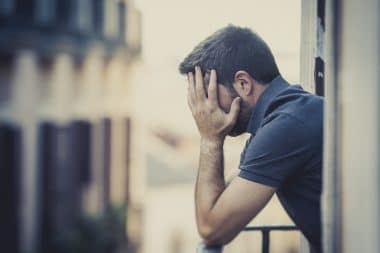
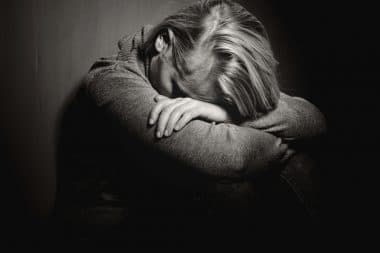
Reply